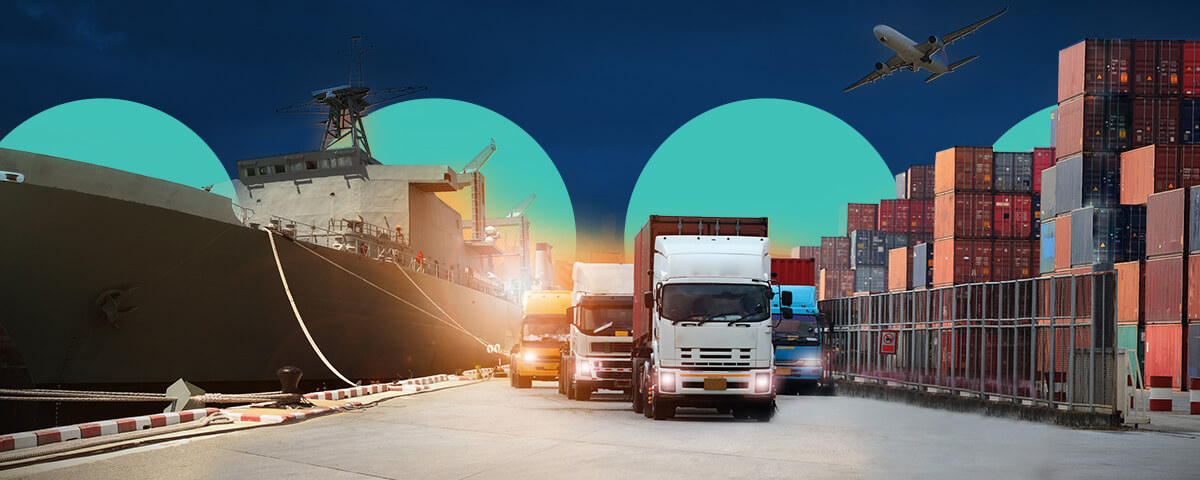International Shipping Forwarder

International Shipping Forwarder
Unlike freight brokers, who only handle transportation within a country, international shipping forwarders are able to assist with customs and other issues that may arise. Freight forwarders also have extensive knowledge of transport costs, banking practices, and documentation regulations governing exports.
They will review documents for a letter of credit, determine rates, and make contact with trucking or air carrier companies to arrange delivery.
Reliability
International freight forwarders are an intermediary between shipping customers and services that move cargo. They determine rates, review documentation, and troubleshoot problems. They also liaise with overseas customs agents to ensure that goods and documents comply with local regulations and laws. In addition, they can act as a common carrier international shipping forwarder and arrange airway bills for shipment. They may even provide warehouse space in the country of origin and destination for their clients.
Reliability is the ability of an item or service to perform its intended function consistently for a given period of time, or to operate in a specified environment without failure. Reliability is an important aspect of quality, but it can be difficult to measure. To accurately evaluate reliability, it is important to understand the meaning of various terms and definitions.
A good international freight forwarder will have a broad network of transport companies and partners to provide competitive rates for ocean shipping, trucking and rail freight. They will have long-standing relationships with carriers to determine transport costs and routes, and choose the best option that balances speed, cost and reliability. They should be a member of recognized international freight forwarding associations and have an excellent reputation, track record, and financial strength. In addition, they should have the ability to handle large volumes of shipments and have a robust suite of technologies.
Flexibility
International freight forwarders manage all aspects of the importing and exporting process from beginning to end, reducing your shipping stress. Whether it’s customs brokers, warehouses, carriers, or any other services, they have relationships with a wide variety of reliable companies and can negotiate the best rates for you. This is especially important when shipping goods to multiple destinations.
Freight forwarders also have a deep understanding of the complex rules and regulations that govern international transportation. They can provide advice on shipping costs, banking practices and documentation requirements for various countries and territories. They can also help you avoid any potential delays during transit by coordinating with a local agent in the destination country to ensure that your shipment is received on time.
Another way that forwarders can help you save money is by negotiating lower rates for full container loads (FCL). These deals are available to customers who ship in larger quantities, which are typically based on the number of metric tons of cargo shipped. This type of arrangement is more cost-effective than paying a higher rate per consolidated unit load, or CUL. In addition, it helps customers reduce their environmental impact and meet their supply chain sustainability goals. This is particularly important for companies that are involved in global trade and have limited resources. By using a forwarder, they can avoid the high upfront fees of hiring their own team to handle international shipping.
Experience
When shipping international freight, you need to have a freight forwarder that has the experience of managing shipments from the start to finish. This means having a good understanding of international trade regulations and tariff classifications. They should also be familiar with the shipping requirements for your specific type of products.
In addition, an experienced freight forwarder should have a strong network of global transportation carriers. This network will allow them to move cargo around the world efficiently. For example, they may arrange to have a shipment moved from a factory to the airport by truck, flown to the destination city by airplane, and delivered to the customer’s building by train or truck.
Choosing an international freight forwarder is a big decision for any company that ships goods to customers worldwide. The company you choose will have a major impact on your costs, delivery times, and overall logistics. For this reason, it’s important to research international shipping companies and find one that aligns with your business needs and priorities.
A reputable freight forwarder should be financially stable, which is necessary to avoid the delays caused by changing market conditions. They should also be capable of providing the services needed to meet your business requirements, such as rerouting your cargo when needed. Additionally, they should be able to handle customs clearance and documentation.
Cost
When you work with an international freight forwarder, the fees are generally less than those of a non-forwarding company. They will take care of a variety of shipping-related tasks, including importing and exporting cargo and preparing the proper documentation to get your shipment through customs and other international barriers. They may also help you avoid unforeseen costs by ensuring that your shipment is correctly valued and complies with the First Sale Rule.
As an intermediary between the shipper and transportation services, a freight forwarder will determine the most cost-effective ways to transport goods worldwide. They will use their existing relationships with carriers to find economical routes that balance speed, price and reliability. They may also offer air cargo, ocean freight and trucking services. It’s important to remember that freight international shipping forwarder doesn’t refer to the type of goods being shipped. For example, computers are considered ocean freight, while flamable liquids like gasoline, lighter fluid and acetone are air cargo.
The costs associated with an international freight forwarder will vary depending on your shipping preferences and the size of your shipment. For example, if you’re shipping full container loads (FCL), you’ll be charged for the container itself and additional service charges such as fuel surcharges and airline security charges. Additionally, you’ll be charged for dimensional weight, which is the difference between actual and declared weight.
